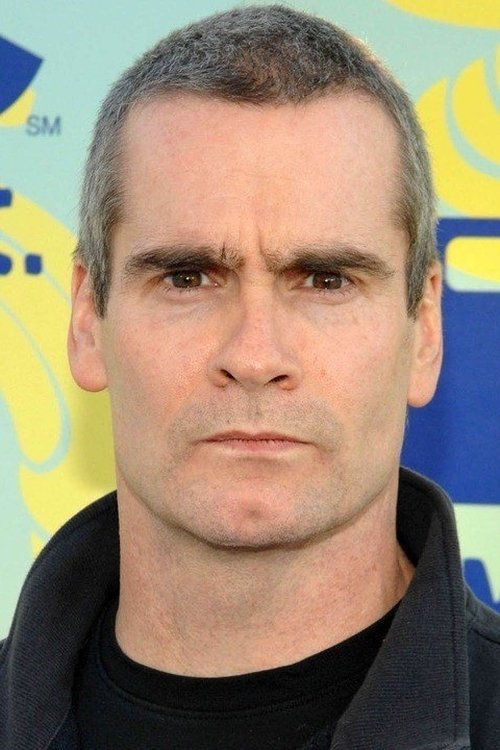Under the Radar: Burma
Watch Movie
Share
Cast & Crew
1 member
Acting
Henry Rollins
Himself

Similar Movies
Recommended Movies

No Recommendations Yet
We're working on finding the perfect movies for you. Check back soon!
More movies coming soon
Himself


We're working on finding the perfect movies for you. Check back soon!